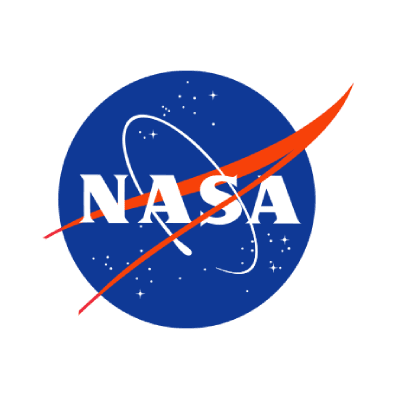Background
High-resolution thermal Earth Observation (EO) has been identified as a major observational gap in our rapidly warming climate. Land-surface temperature is a key variable needed for understanding and adapting to climate variability, managing water resources sustainably for agricultural production, mitigating health stress during heatwaves, predicting droughts, monitoring coastal and inland waters and addressing natural hazards such as fires and volcanoes.
For actionable information, Land Surface Temperature has to be measured with both high-resolution, to monitor management units such as single fields, and at sufficient temporal frequency. These requirements have been recognized by policy makers and international space agencies resulting in the preparation of a range of high-resolution thermal missions including TRISHNA (CNES/ISRO), SBG-Thermal (NASA/ASI) and LSTM (ESA/EC) to be launched in coming years. The ECOSTRESS mission (NASA) is providing excellent precursor data for these upcoming missions. Further there is an increasing interest of New Space initiatives preparing for smallsat missions and constellations for thermal observations with similar resolution.
Building on the ongoing cooperation between the space agencies, the main objective of this Workshop is to prepare for the availability of high-resolution thermal observations, strengthen synergies among the upcoming missions and to establish priority areas for future projects (e.g., the ESA Sentinel User Preparation initiative).
Objectives
- Assess the status of current and planned international high-resolution thermal missions for terrestrial and coastal applications
- Review the main related activities and projects in the relevant science and operational application areas
- Prepare the community for the use of the upcoming high-resolution thermal missions
- Strengthen international cooperation and coordination in the space and ground segment operation, calibration and validation, products definition & harmonization, data access and data exploitation
- Identify high-priorities topics for future R&D activities supporting the preparation of thermal EO applications
Main Topics
- Algorithm development for atmospheric, anisotropic and topographic correction schemes/procedures
- Harmonisation of products and data formats as well as their possible standardization
- Science and applications in different domains with single and multi-mission approach:
- Agriculture – irrigation, evapotranspiration
- Ecosystem & water cycle
- Urban heat islands & impact of heatwaves
- Hot temperature events – vulcanology/fires
- Coastal and in-land waters
- Cryosphere
- Soil composition
- Harmonisation of pre-flight characterisation and in-flight cross-calibration of international missions
- Mission calibration and data validation plans, data quality assurance and uncertainty quantification
- International joint airborne and field campaigns for a range of surface types
- Coordination of data acquisition plans, including orbital phasing of international missions for improved revisit/coverage and establishment of longer time series
- Exploring synergies with other current and future space-based systems (e.g. US Landsat, Copernicus Sentinels, New Space)
- Coordination of research and training activities
Participation
Register HERE to attend the workshop.
The Workshop participation is open, following a call for abstracts which will be reviewed by the Scientific Committee
The Workshop sessions will include oral presentations and discussion rounds.
Abstracts of 200 – 400 words for presentations are to be submitted by 15th January. The session topics, as guidance for the presentation submissions, are reported in the draft agenda.
The official language of the Workshop is English.
No participation/registration fee will be charged.
Participants are expected to finance their own travel and accommodation expenses. The intended audience includes international representatives from Space Agencies, scientists and applications experts active in the field of high-resolution thermal EO for terrestrial and coastal applications.
Abstracts
The Abstract submission interface is now open, and we invite you to submit your abstract HERE along with your
selection of the topic and type of presentation (oral or poster) proposed
Note: Abstract length should be at least 200 words and maximum 400 words (one A4 page, single space normally contains 400-500 words).
Information about the co-authors (name, last name, affiliation, contact Email) is required.
Schedule and Deadlines
| Abstract submission opening | November 2022 |
| Abstract submission closure | 15 January 2023 |
| Notification of acceptance | 7 March 2023 |
| Registration Opening | 7 March 2023 |
| Issue of Preliminary Programme | 5 April 2023 |
| Registration Closure | 30 April 2023 |
| Issue of Final Programme | 10 May 2023 |
| Workshop | 10-12 May 2023 |
Organizing Committee
Ana Bolea Alamanac
ESA
Itziar Barat
ESA
Bimal Bhattacharya
SAC/ISRO
Fabrizia Buongiorno
INGV
Diego Fernandez
ESA
Philippe Gamet
CNES
Ferran Gascon
ESA
Simon Hook
NASA/JPL
Benjamin Koetz
ESA
Michel Massart
European Commission, DG-DEFIS
Giuseppe Ottavianelli
ESA
Simon Pinnock
ESA
Irene Renis
Serco c/o ESA
Simona Zoffoli
ASI
Scientific Committee
Emmanuelle Autret
IFREMER
Björn Baschek
Federal Institute of Hydrology
Wim Bastiaanssen
IrriWatch & TU Delft
Joris Blommaert
VITO
Kerry Cawse-Nicholson
NASA/JPL
Roberto Colombo
UNIMIB
Diego Coppola
University of Turin
Raphaël D’Andrimont
European Commission, DG-JRC
Steffen Dransfeld
ESA
Riccardo Duca
ESA
Darren Ghent
University of Leicester
Radoslaw Guzinski
DHI
Gregory Halverson
NASA/JPL
Jippe Hoogeveen
FAO, Land and Water Division
Glynn Hulley
NASA/JPL
Mark Irvine
INRAE
Gianluigi Liberti
ISMAR/CNR
Philippe Maisongrande
CNES
Ilias Manolis
ESA
Sébastien Marcq
CNES
Chip Miller
NASA/JPL
Claudia Notarnicola
EURAC
Albert Olioso
INRAE
Madeleine Pascolini Campbell
NASA/JPL
Stefano Pignatti
IMAA/CNR
Jean-Louis Roujean
CNRS/CESBIO
Laure Roupioz
ONERA
Dave Schimel
NASA/JPL
Dirk Schuettemeyer
ESA
José Sobrino
University of Valencia
Zoltan Szantoi
ESA
David Thompson
NASA/JPL
Thomas Udelhoven
University of Trier
Espen Volden
ESA
Zhuoting Wu
USGS
Contact Info
For information regarding the submissions, author instructions, scientific committee related inquiries please contact:
eo4society.conf@esa.int
For information regarding the logistics, please contact:
events.organisation@esa.int





